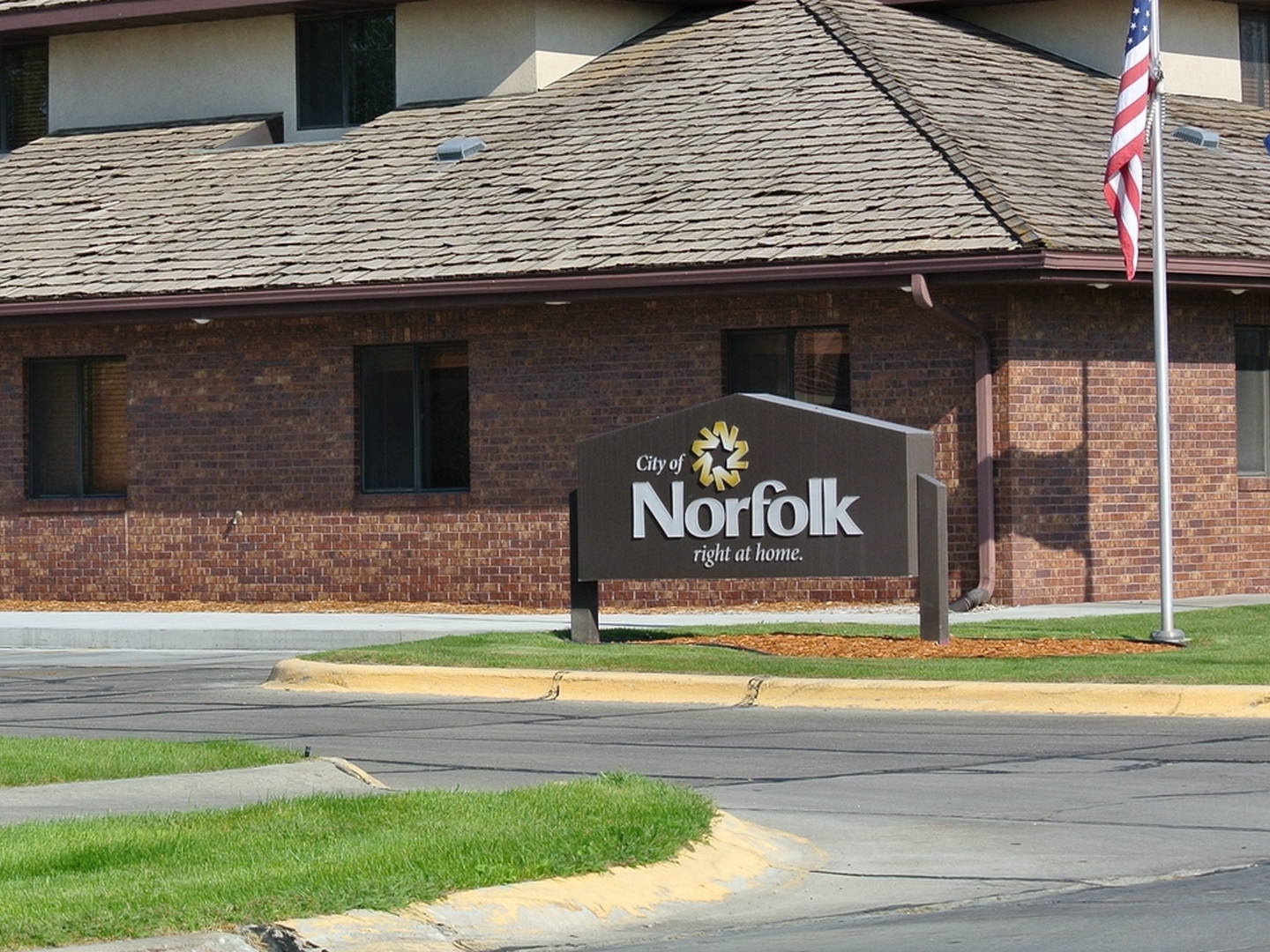Since the start of the Covid-19 pandemic, wastewater officials across the state are reporting increased clogged pipes as a result of citizens flushing items such as paper towels and disposable wipes down the drain. Even when those items make it through the drainage pipes in a person’s home, they can wreak havoc with pumps and other equipment at the community’s wastewater treatment plant. Sewage drainage pipes are meant for carrying water, excrement and toilet paper– that’s it.
“Baby wipes, tissues, diapers and feminine products should all go into the trash and not into the toilet,” said Dennis Watts, the City of Norfolk’s Water and Sewer Director. When it comes to items found in the city’s drainage pipes, Watts has seen it all. City workers have removed towels, articles of clothing and once even a wedding dress from Norfolk’s sewage pipes. It’s a wonder those items can make it down the drain, but the person who thinks they are getting rid of a problem is only causing a bigger one. “When you put baby wipes and any other products that aren’t supposed to be flushed down your drain, you greatly increase the likelihood of having a blockage in your pipes first and then it may then also block the city’s pipes,” Watts said. A blocked sewage pipe doesn’t let sewer water go anywhere except back into people’s basements and out manholes. While it might seem easier to flush items down the toilet, those items will later cause problems that will take a lot of time and money to fix.
“If you have to use wipes then make sure you put them in a plastic bag and into the trash– not the toilet,” said Watts.
If It's Not Human Excrement or TP, Don't Flush It
March 25, 2020
